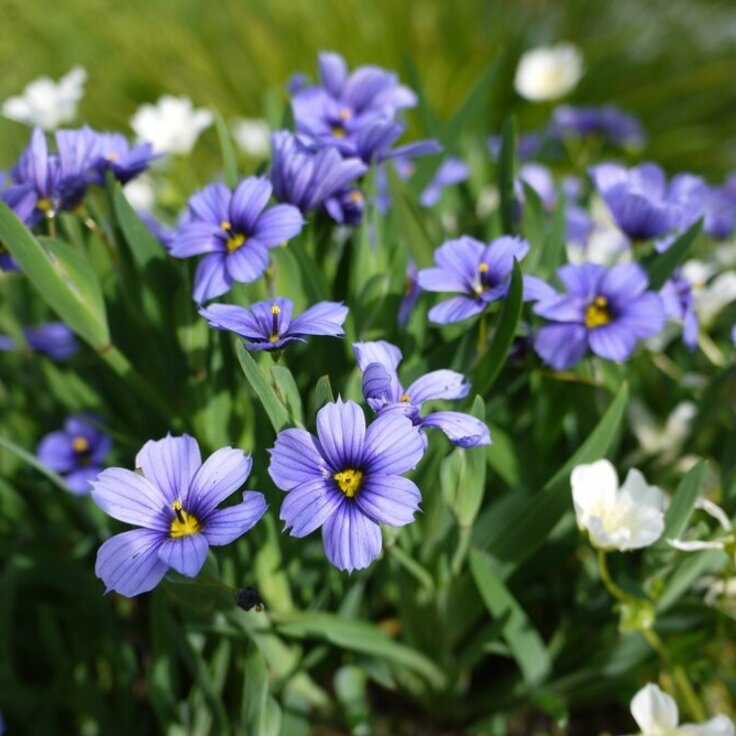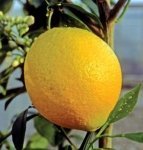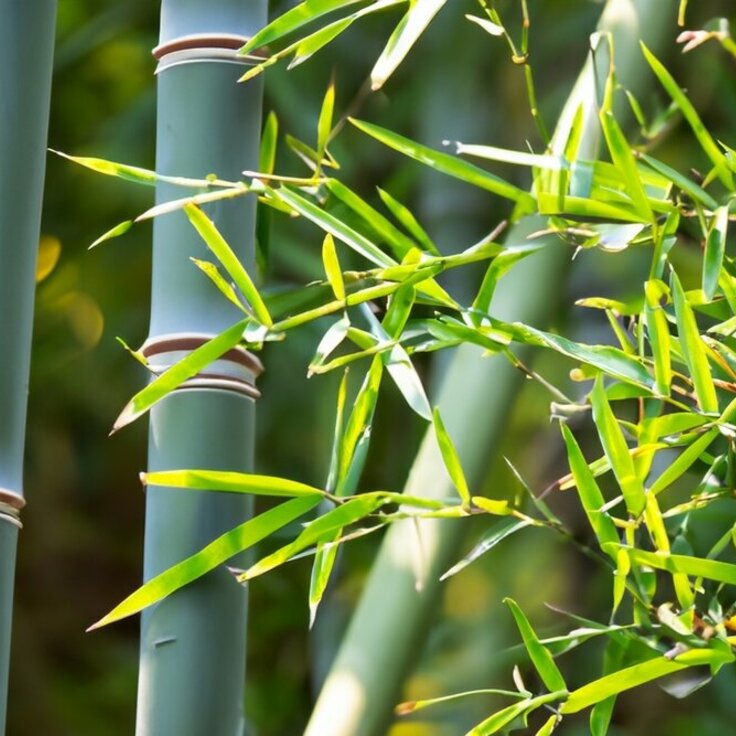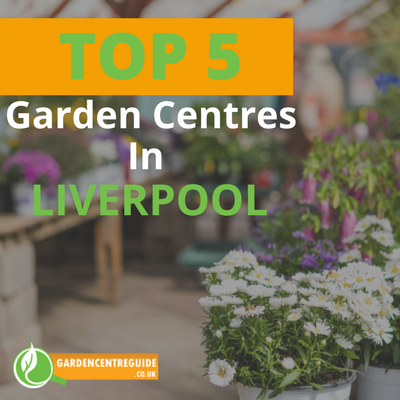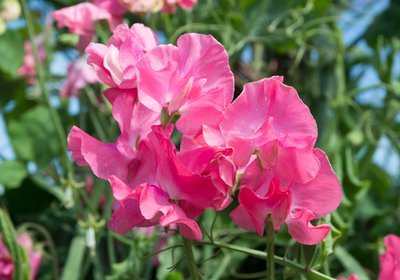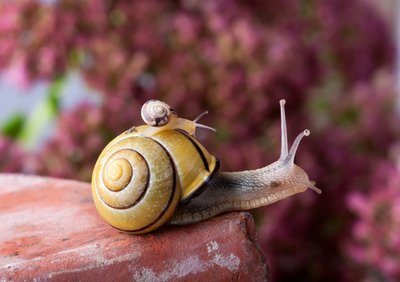An easy guide to make your own compost
It is a common practice for gardening enthusiasts and gardeners to use readymade compost and packaged fertilizers to enrich the soil. However, it is very much possible to make your own homemade compost that works just as well to improve the quality of your soil. It is an easy process and does not cost a penny! By making your own compost, not only do you practice recycling, you also significantly reduce the amount of waste that would have ended up in some landfill.
The compost maker
If you want to start composting at home for the first time, having a compost maker is the easiest way to get started. When looking for a compost maker in the farmer’s market, consider the size of your garden. Try to get the biggest one that your garden can accommodate because compost makers always fill up faster than first-time compost makers expect. You need to place your compost maker in a sunny spot on well-drained soil. If you can’t find such a place for your big, plastic container just place a layer of soil on the hard standing and place the compost maker over it.
What to add in the compost maker
A great way to give the composting process a head start is to add manure or kitchen waste on top of the soil you place the compost maker on. This organic matter you add will attract insects and microorganism that will catalyze the decaying process by breaking down the organic tissue into simpler, easy to absorb nutrients for your garden. Once you have set up the compost maker in the right place, it’s time to start adding organic waste into the bin. Grass cuttings, fallen off leaves and plant clippings are all wastes that are usually thrown away which can be made into enriched compost inside the compost maker. Don’t throw away your ground coffee beans, crushed egg shells, vegetable peeling, fruit peelings and tea leaves either because all of these items can be added to the compost bin. Make sure you mix all of these different items thoroughly in the compost making bin. Too much of one ingredient can slow down the rate of composting.
Do’s and don’ts of composting
Make sure you don’t add items that can’t be degraded. Avoid throwing in stones and other hard or non-biodegradable items such as plastic into the compost maker. You must never put cat or dog waste into the compost maker either. Additionally, avoid adding any chemical treated products or any kind of meats into the bin. Although meat can rot easily, it can attract rodents into your compost bin and no one wants a rodent problem on their hands. It is a good practice to turn the materials into the compost bin every once in a while. It quickens the rotting process. Make sure you always keep the materials inside moist by adding water if the weather is dry and keeping the lid on to prevent moisture from escaping. When the compost turns crumbly and brown, you can apply it to your soil and it will slowly release its nutrients, keeping your soil enriched for a long time.

